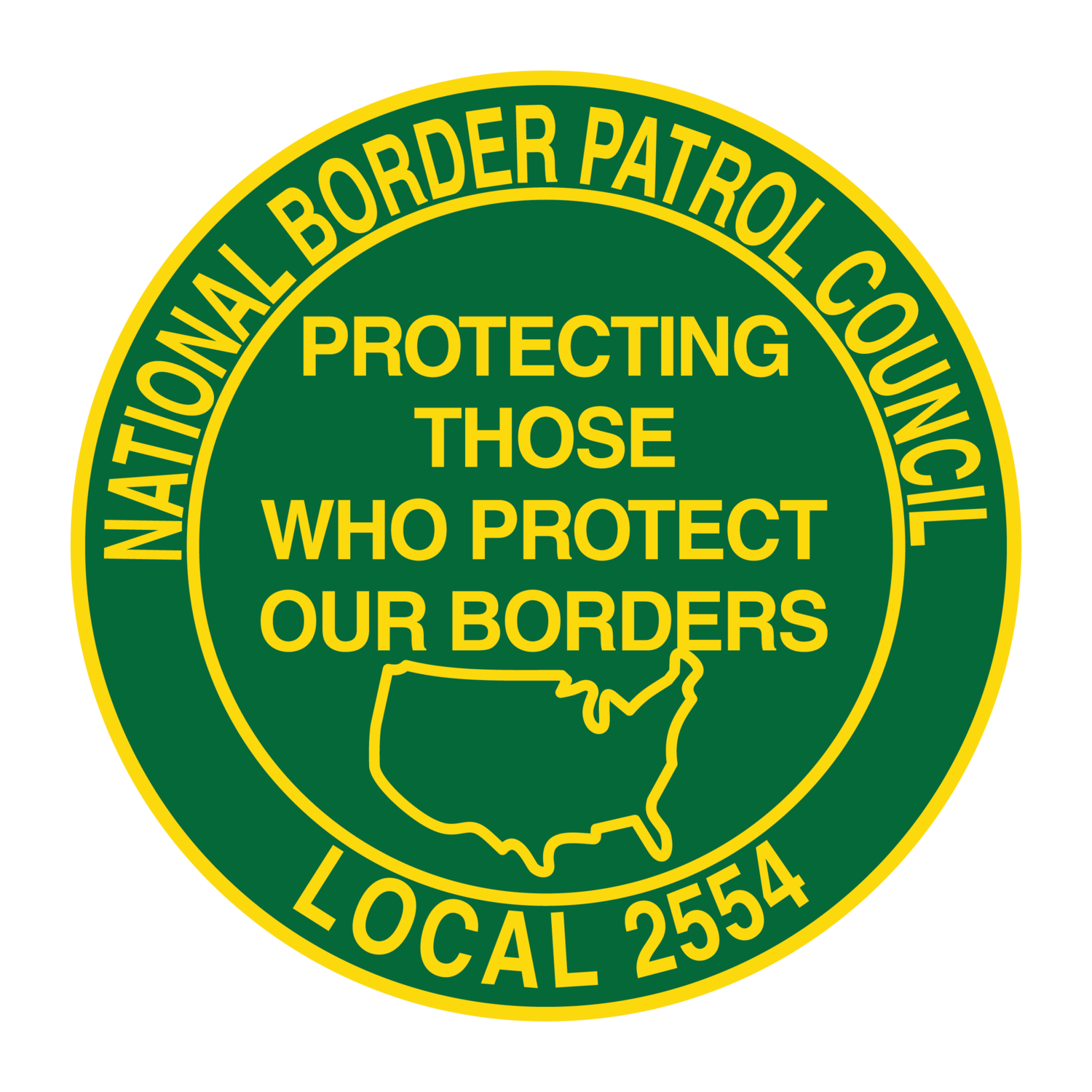The Basics of filing a grievance
Grievances have to be filed within 30 days of the event. If it is past 30 days of the event document and move on. A grievance should be in it's most simple form a violation of policy, law, or the collective bargaining union contract.
The objective of a grievance is twofold. First, it seeks to protect the negotiated provisions of the contract and the bargaining unit as a whole. Second, it seeks some type of remedy for the affected individual.
We are a working union we do not refuse to work. The general rule is we obey now and grieve later. The only exception to this rule is when a supervisor gives you an order which is unlawful or endangers your life.
Filing Grievances 101
Step 1
You have 30 days from the offense to file your level one grievance. The grievance is filed orally with the lowest level of management that has the authority to fix the problem. Management has 5 calendar days to answer you. If they do not answer you in 5 days it is considered a denial. Move on to level 2.
Step 2
You have 15 calendar days to file your level 2 grievance. The level 2 grievance is written and sent to the sector Labor and Employee Specialist care of the Chief Patrol Agent. Management has 20 days to answer your level 2 grievance.
Step 3
You have 15 calendar days to file your level 3 grievance. The level 3 grievance is filed with headquarters in Washington D.C. The name and address of where to file the level 3 grievance is always changing get the current name and address from your local union president. Level 2 has to be attached to the level 3 grievance. Your level 3 grievance is your chance to rebut the points made in the response to the level 2 grievance. Be advised the level 3 grievance is a rubber stamp, headquarters is always going to back managements response to your level 2 grievance.
ARBITRATION
After you receive the rubber stamp response from headquarters you have 15 days to invoke arbitration. The Executive board of your local has to vote to go to arbitration or the president of your local has to send your case to the national executive board to request that they pay for the arbitration. If national accepts your arbitration they will pay for it if the local executive board accepts your arbitration they will pay for your arbitration. Invoking arbitration means the union will pay approximately $8,000.00 and management will pay approximately $8,000.00 to a judge to decide the case. The judge will be picked through a process of elimination. The judge will hear the case and render a decision. The decision is binding upon both parties unless we appeal the decision to the Merit Systems Protection Board (MSPB).

